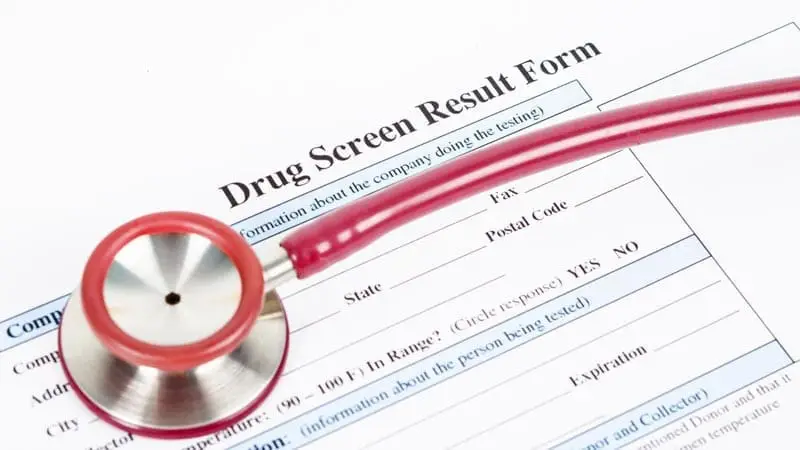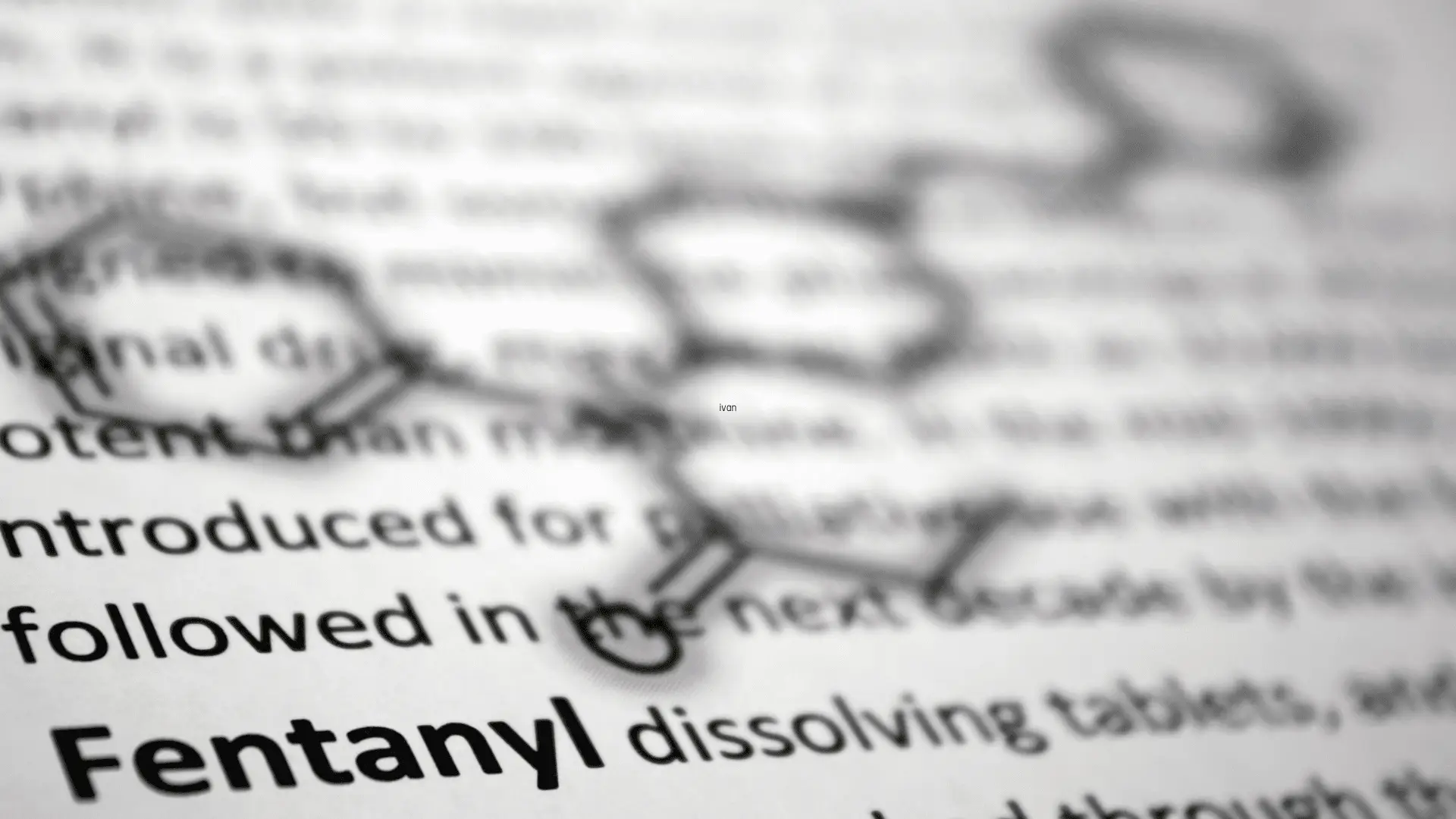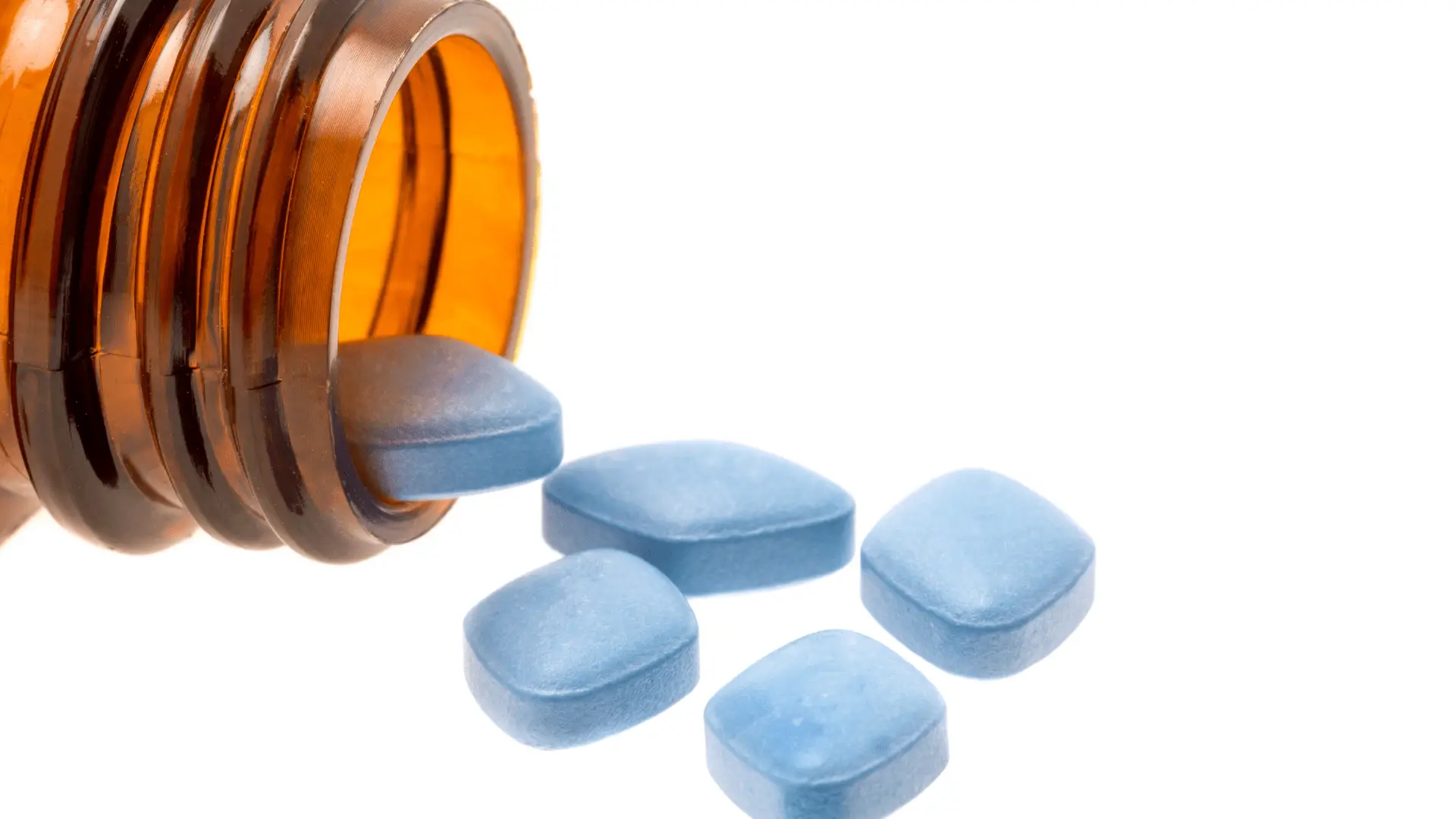New Jersey is home to a diverse range of addiction treatment options designed to cater to individuals battling substance abuse and alcoholism. From bustling urban centers to serene coastal towns, the state offers a variety of settings where those seeking recovery can find the support and care they need. The primary goal of these treatment facilities is to provide a holistic approach to recovery, addressing not just the physical aspects of addiction but also the psychological and emotional factors that contribute to substance abuse.
If you or a loved one is struggling with addiction, it is crucial to understand the different treatment options available in New Jersey. These options range from inpatient and outpatient programs to detoxification services and aftercare support. Each of these programs is designed to offer a unique set of therapies and interventions that can help individuals achieve long-term sobriety.
At Absolute Awakenings, we are committed to providing comprehensive care tailored to each individual’s needs. Our expert team is dedicated to helping you navigate the complexities of addiction and find the most effective treatment plan for your situation. Yes, You Can Get Your Life Back. Call Absolute Awakenings Today.
Types of Addiction Treatment Programs
Understanding the various types of addiction treatment programs is crucial for selecting the best approach to recovery. New Jersey offers a myriad of options, each tailored to meet different needs and preferences. Here are some of the most common types:
- Inpatient Treatment: This program provides intensive, 24/7 care in a residential setting. It is ideal for individuals who require a structured environment to focus entirely on their recovery without external distractions.
- Outpatient Treatment: Outpatient programs offer flexibility, allowing individuals to attend therapy sessions while maintaining their daily responsibilities. This option is suitable for those with a strong support system at home.
- Partial Hospitalization Programs (PHP): PHPs provide a middle ground between inpatient and outpatient care. Participants receive intensive therapy during the day but return home in the evenings, making it a good option for those who need more support than outpatient care but do not require 24/7 supervision.
- Detoxification (Detox): Detox programs help individuals safely withdraw from substances under medical supervision. This is often the first step in the recovery process, preparing individuals for further treatment.
- Intensive Outpatient Programs (IOP): IOPs are more rigorous than standard outpatient programs but less intensive than PHPs. They offer a high level of support while allowing individuals to live at home.
- Aftercare and Sober Living Homes: After completing a primary treatment program, aftercare services and sober living homes offer continued support to help individuals maintain their sobriety and successfully reintegrate into society.
Each of these programs plays a vital role in the recovery journey, addressing different stages and aspects of addiction. Understanding the options available can empower individuals to make informed decisions about their treatment and achieve lasting recovery.
Inpatient vs Outpatient Treatment Options
When it comes to addiction treatment, choosing between inpatient and outpatient options is a pivotal decision. Both approaches have their unique advantages and are suited to different needs and circumstances.
Inpatient treatment, also known as residential treatment, requires individuals to stay at a treatment facility for a specified period, typically ranging from 28 days to several months. This immersive environment provides 24/7 care and support, making it highly effective for those with severe addictions or co-occurring mental health disorders. The comprehensive nature of inpatient treatment includes medical supervision, individual and group therapy, and structured activities designed to foster recovery. This setup minimizes distractions and triggers, allowing individuals to focus entirely on their healing process.
On the other hand, outpatient treatment offers a more flexible approach. Individuals attend therapy sessions and treatment activities at a facility but return home afterward. This option is ideal for those who have work, school, or family obligations that they cannot set aside. It also suits individuals with milder addiction issues or those who have already completed an inpatient program and are transitioning back to everyday life. Outpatient treatment includes various levels of intensity, such as standard outpatient programs, intensive outpatient programs (IOP), and partial hospitalization programs (PHP), providing a continuum of care based on the individual’s needs.
Ultimately, the choice between inpatient and outpatient treatment depends on several factors, including the severity of the addiction, the presence of co-occurring disorders, and the individual’s personal and professional commitments. Consulting with a healthcare professional can provide valuable insights and help in making an informed decision that aligns with the individual’s recovery goals.
Benefits of Holistic Treatment Approaches
Holistic treatment approaches offer a comprehensive path to recovery by addressing the mind, body, and spirit. Unlike traditional methods that primarily focus on the physical aspects of addiction, holistic treatments aim to treat the whole person, providing a well-rounded recovery experience.
One of the primary benefits of holistic treatments is their ability to reduce stress and promote overall well-being. Techniques such as yoga, meditation, and acupuncture help individuals manage stress, which is a significant trigger for relapse. These practices encourage mindfulness and relaxation, fostering a sense of inner peace and balance.
Another advantage is the emphasis on physical health. Holistic treatments often include nutritional counseling, exercise programs, and other wellness activities that help restore the body to its optimal state. Proper nutrition and regular physical activity can significantly improve energy levels, mood, and overall physical health, making it easier to maintain sobriety.
Moreover, holistic approaches often incorporate creative therapies such as art therapy, music therapy, and equine therapy. These therapies provide alternative ways to express emotions and deal with trauma, offering a therapeutic outlet that traditional talk therapy might not achieve. Engaging in creative activities can be incredibly cathartic and empowering, helping individuals reconnect with themselves and discover new passions.
Spiritual growth is another cornerstone of holistic treatment. Many holistic programs include spiritual practices such as mindfulness meditation, prayer, or participation in spiritual communities. These practices can provide a sense of purpose and connection, which are crucial for long-term recovery.
By integrating these various elements, holistic treatment approaches not only address the symptoms of addiction but also work to heal the underlying issues that contribute to substance abuse. This multifaceted care ensures that individuals are equipped with the tools and skills needed for sustained recovery and a healthier, more fulfilling life.
Choosing the Right Treatment Center
Choosing the right treatment center is a critical step towards achieving long-term recovery from addiction. With numerous options available, it can be overwhelming to determine which facility will best meet your needs. However, focusing on a few key factors can make this decision easier and more effective.
Firstly, consider the types of treatments and therapies offered. Look for a center that provides a comprehensive range of services, including medical detoxification, counseling, behavioral therapies, and holistic treatments. The more robust the treatment options, the better equipped the center will be to address the multifaceted nature of addiction.
Another important factor is the qualifications and experience of the staff. Ensure that the treatment center employs licensed and accredited professionals, such as doctors, therapists, and counselors, who specialize in addiction recovery. Experienced staff can provide high-quality care and create personalized treatment plans tailored to your unique needs.
Accreditation and certification of the treatment facility itself are also crucial. Centers that are accredited by reputable organizations, such as the Joint Commission or CARF, adhere to high standards of care and ethical practices. This accreditation can give you confidence that the facility maintains a commitment to quality and excellence.
Additionally, the setting and environment of the treatment center can significantly impact your recovery experience. Some individuals may thrive in a serene, secluded environment, while others may prefer a facility located closer to home and family support. Consider what environment will make you feel most comfortable and supported during your recovery journey.
Cost and insurance coverage are practical considerations that cannot be overlooked. Inquire about the cost of treatment and whether the center accepts your insurance plan. Many facilities offer financial assistance or sliding scale fees based on income, making treatment more accessible.
Finally, read reviews and testimonials from former patients. Real-life experiences can provide valuable insights into the effectiveness and quality of the treatment center. Look for feedback on the center’s success rates, staff interaction, and overall patient satisfaction.
By carefully evaluating these factors, you can make an informed decision and choose a treatment center that will provide the best possible support for your recovery journey.
Support Services for Long-Term Recovery
Support services play a crucial role in ensuring long-term recovery from addiction. After completing a structured treatment program, ongoing support is essential to help maintain sobriety and navigate the complexities of life without substance use. Various support services can provide the continuous care and guidance needed to sustain recovery.
One of the most effective support services is outpatient counseling. Regular sessions with a therapist or counselor can help address any lingering emotional or psychological issues that may arise after treatment. These sessions can also provide strategies for managing triggers and stressors that could lead to relapse.
Support groups are another invaluable resource. Groups like Alcoholics Anonymous (AA) or Narcotics Anonymous (NA) offer peer support and a sense of community. Sharing experiences and challenges with others who have faced similar struggles can be incredibly empowering and reassuring. Many find that the accountability and camaraderie in these groups are key components of their sustained recovery.
Additionally, family therapy services can be beneficial. Addiction often affects the entire family, and involving loved ones in the recovery process can help rebuild trust and improve communication. Family therapy sessions can provide a safe space to address any unresolved issues and promote a healthier, more supportive home environment.
Employment and educational support services can also be critical. Many individuals in recovery may need assistance with finding a job, returning to school, or developing new skills. Programs that offer career counseling, job placement, and educational resources can help individuals build a stable and fulfilling life after treatment.
Lastly, holistic therapies such as yoga, meditation, and art therapy can provide additional tools for maintaining mental and emotional well-being. These therapies can help reduce stress, improve self-awareness, and promote overall health, contributing to long-term sobriety.
It’s important to remember that recovery is an ongoing journey, and having a strong support system can make all the difference. By utilizing these support services, individuals can continue to grow and thrive in their recovery.
Yes, You Can Get Your Life Back. Call Absolute Awakenings Today.

















